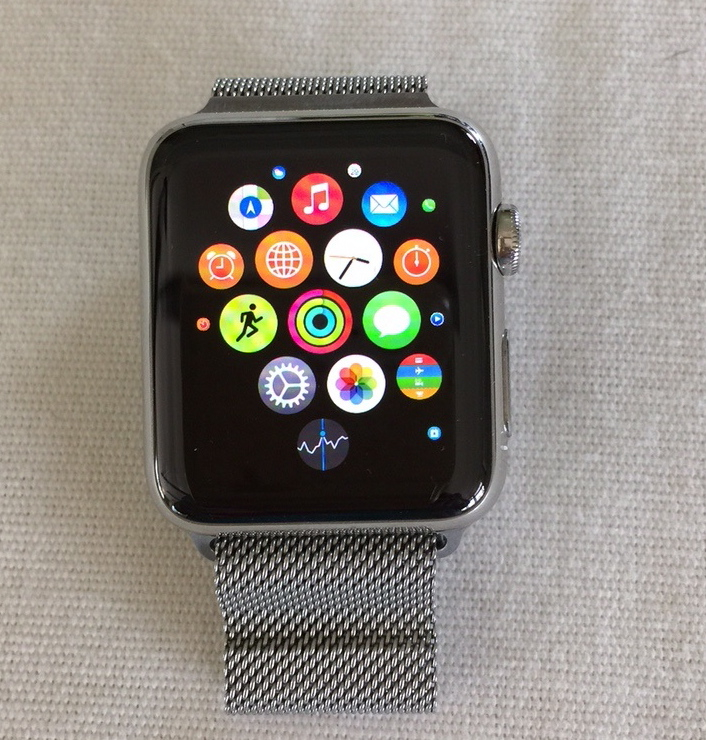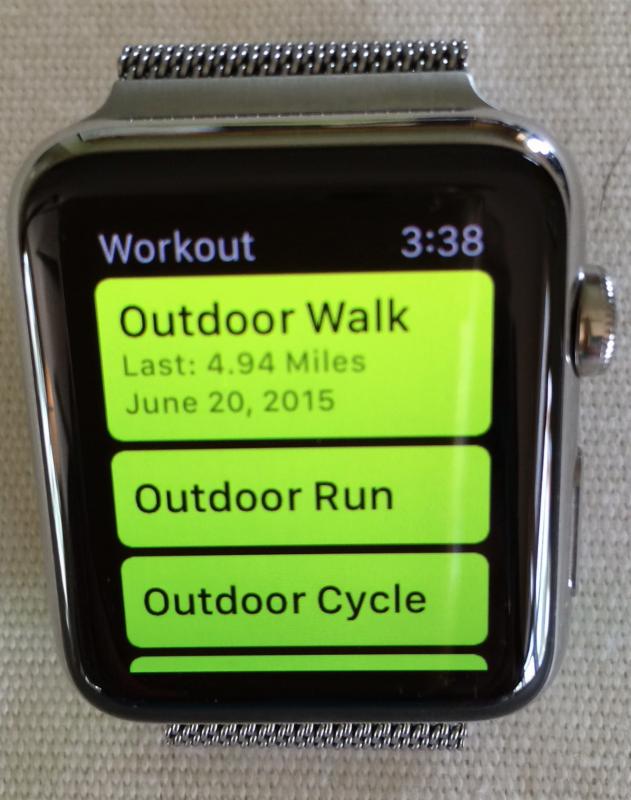According to the latest post on iHealthBeat, “Research Needed on Effects of mHealth on Cardiovascular Disease” focuses on the efficacy of mobile health technology.


The article states that scientific evidence is restricted to small studies and that the studies have not been done over a significant period of time to show that mobile health can improve health, by decreasing heart attacks and stroke risks. The gist is that more research is required to prove the hypothesis and cites a scientific statement by the American Heart Association published in the journal Circulation, Health Data Management. (Slabodkin, Health Data Management, 8/18.
Parameters included in the study followed:
- High blood pressure
- Smoking- cessation programs with text message interventions have been found to work(Versel, MedCity News, 8/17).
but after 6 months only 10% have not returned to smoking. (Health Data Management, 8/17).
- Cholesterol control
- Physical exercise- those with devices did increase their activity more than without a device but”there hasn’t been enough research to show whether wearable physical activity monitoring devices actually help you move more” (Health Data Management, 8/17).
- Weight management- online interventions and mobile health interventions were similar but need to be studied more. There was an insufficient long-term data collection for weight loss and increased exercise. (MobiHealthNews, 8/17). Although it was found that those who tried to lose weight with mobile technology worked better than those without.
According to the article in iHealth, almost no research has been performed in the United Sates between cardiovasular disease risk factors like blood pressure measurements, cholesterol and diabetes with mobile health
Don’t Dismiss it
Professor of nursing at University of Pittsburgh and lead author of the AHA statement Lora Burke, states that
“The fact that mobile health technologies haven’t been fully studied doesn’t mean that they are not effective” (Health Data Management, 8/17).


